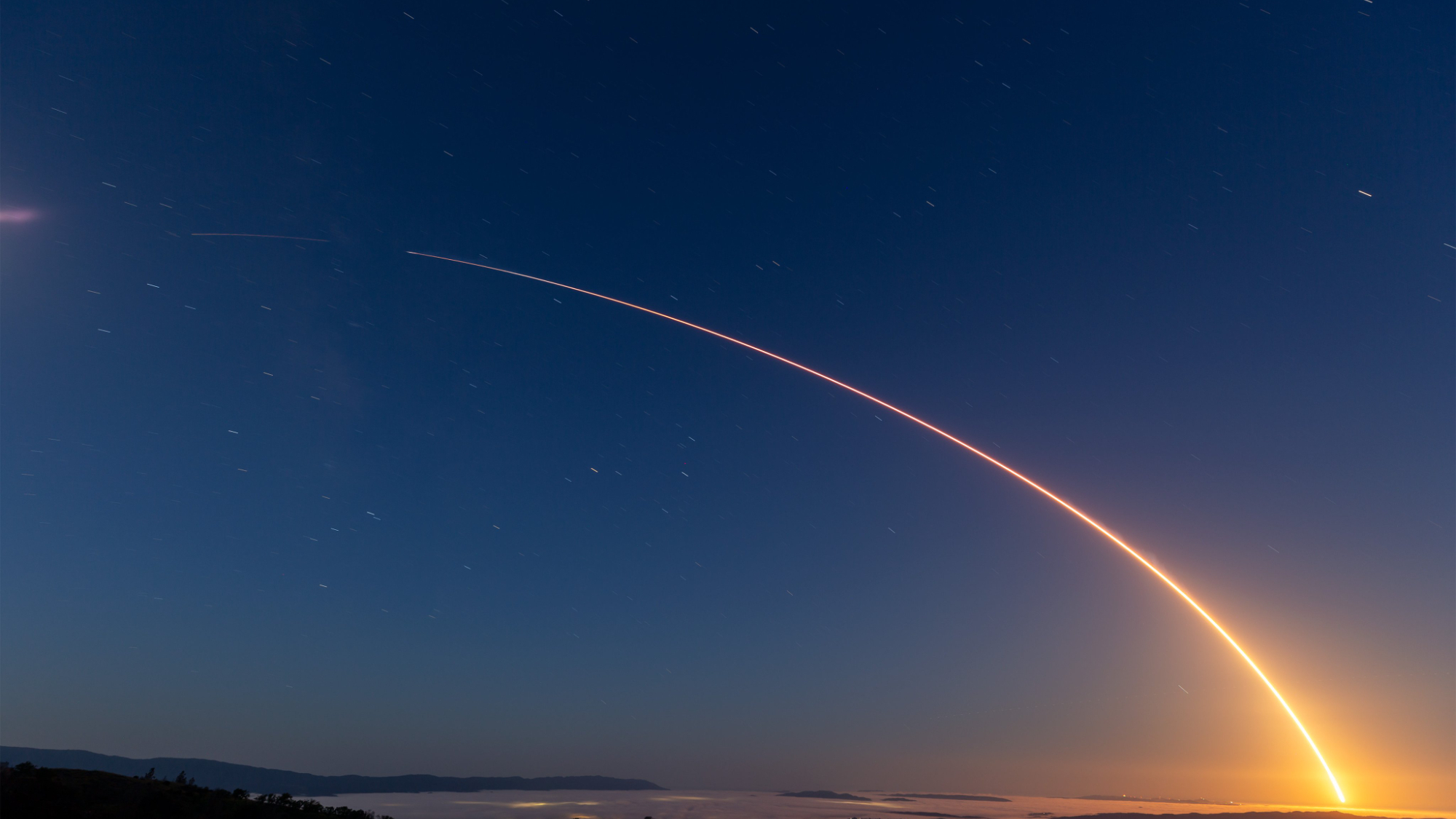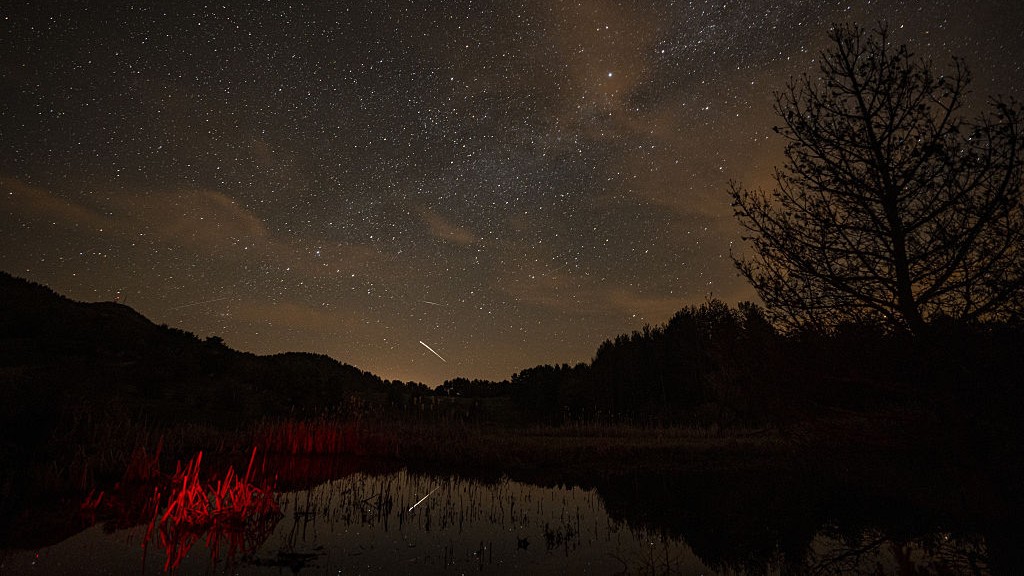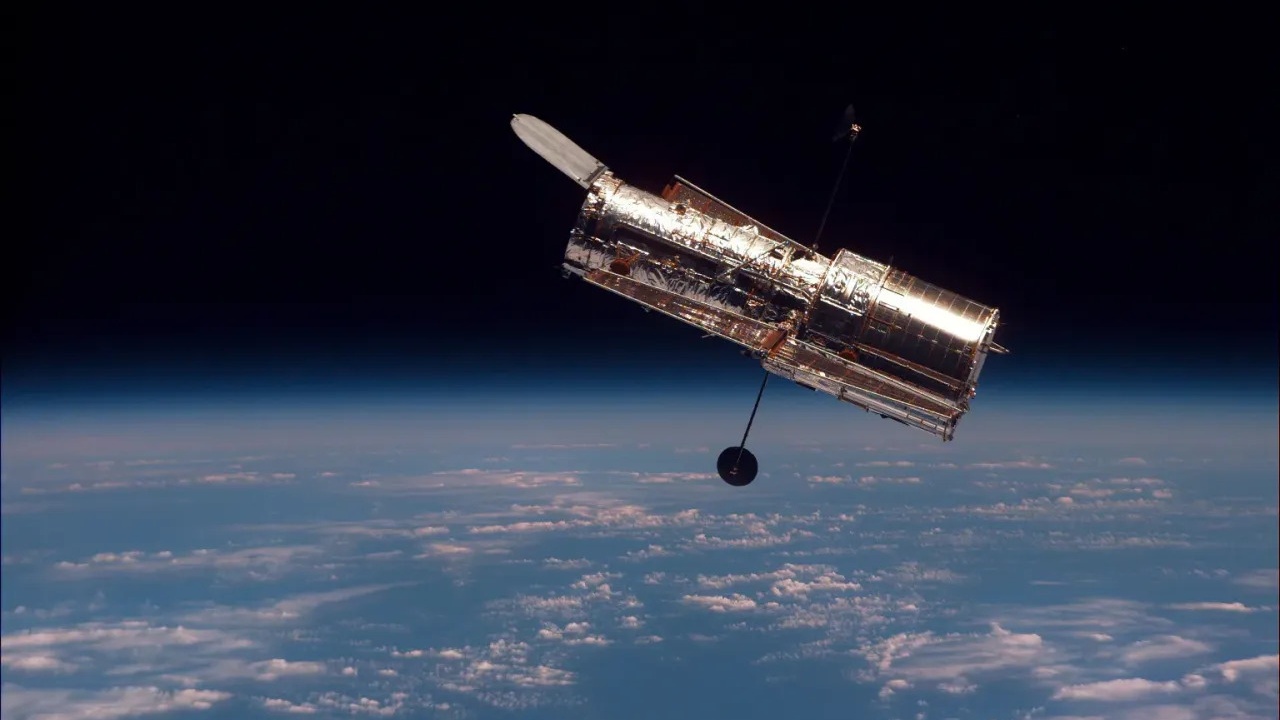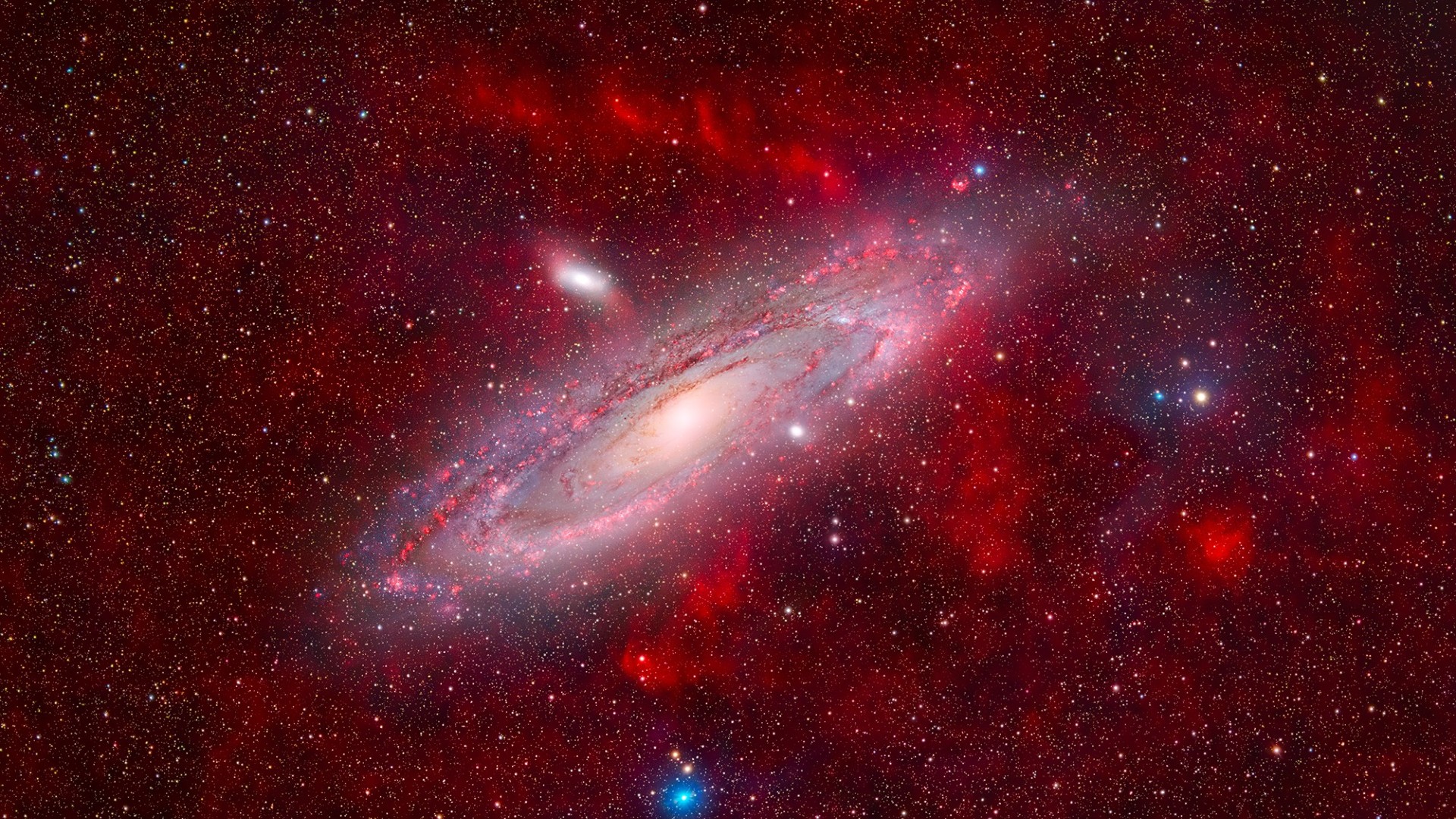Killer Space Rock Theory Is Soaking Wet

Dinosaurdoomsday was wetter than scientists have thought, according to new images ofthe crater where the space rock that likely killed the jumbo reptiles landed.
Sixty-fivemillion years ago the asteroid struck the coast of the Yucatan Peninsula, andmost scientists think this event played a large role in causing the extinctionof 70 percent of life on Earth, including non-avian dinosaurs.
Geophysicistsnow have created the most detailed 3-D seismic images yet of the mostlysubmerged Chicxulubimpact crater. The data reveal that the asteroid landed in deeper waterthan previously assumed and therefore released about 6.5 times more water vaporinto the atmosphere.
Theimages also show the cratercontained sulfur-rich sediments that would have reacted with the water vapor tocreate sulfate aerosols. These compounds in the atmosphere would have made theimpact deadlier by cooling the climate and producing acid rain.
"Thegreater amount of water vapor and consequent potential increase in sulfateaerosols needs to be taken into account for models of extinctionmechanisms," said Sean Gulick, a geophysicist at the University of Texas at Austin who led the study.
Thefindings will be published in the February 2008 issue of the journal NatureGeosciences.
Theasteroid impact alone was probably not responsible for the mass extinction,Gulick said. More likely, a combination of environmental changes over differenttime scales took their toll.
Get the Space.com Newsletter
Breaking space news, the latest updates on rocket launches, skywatching events and more!
Manylarge land animals, including the dinosaurs, might have baked to death withinhours or days of the impact as ejected material fell from the sky, heatingthe atmosphere and setting off firestorms. More gradual changes in climate andacidity might have had a larger impact in the oceans.
Ifthere was more acid rain than scientists had previously calculated, that couldhelp explain why many smaller marine creatures were affected, because the raincould have turned the oceans more acidic.
Thereis some evidence that marine organisms more resistant to a range of pH survived,while more sensitive creatures did not.
- VIDEO:Take One Asteroid
- VIDEO: Bootprintson Asteroids
- All About Asteroids
Join our Space Forums to keep talking space on the latest missions, night sky and more! And if you have a news tip, correction or comment, let us know at: community@space.com.

Space.com is the premier source of space exploration, innovation and astronomy news, chronicling (and celebrating) humanity's ongoing expansion across the final frontier. Originally founded in 1999, Space.com is, and always has been, the passion of writers and editors who are space fans and also trained journalists. Our current news team consists of Editor-in-Chief Tariq Malik; Editor Hanneke Weitering, Senior Space Writer Mike Wall; Senior Writer Meghan Bartels; Senior Writer Chelsea Gohd, Senior Writer Tereza Pultarova and Staff Writer Alexander Cox, focusing on e-commerce. Senior Producer Steve Spaleta oversees our space videos, with Diana Whitcroft as our Social Media Editor.










